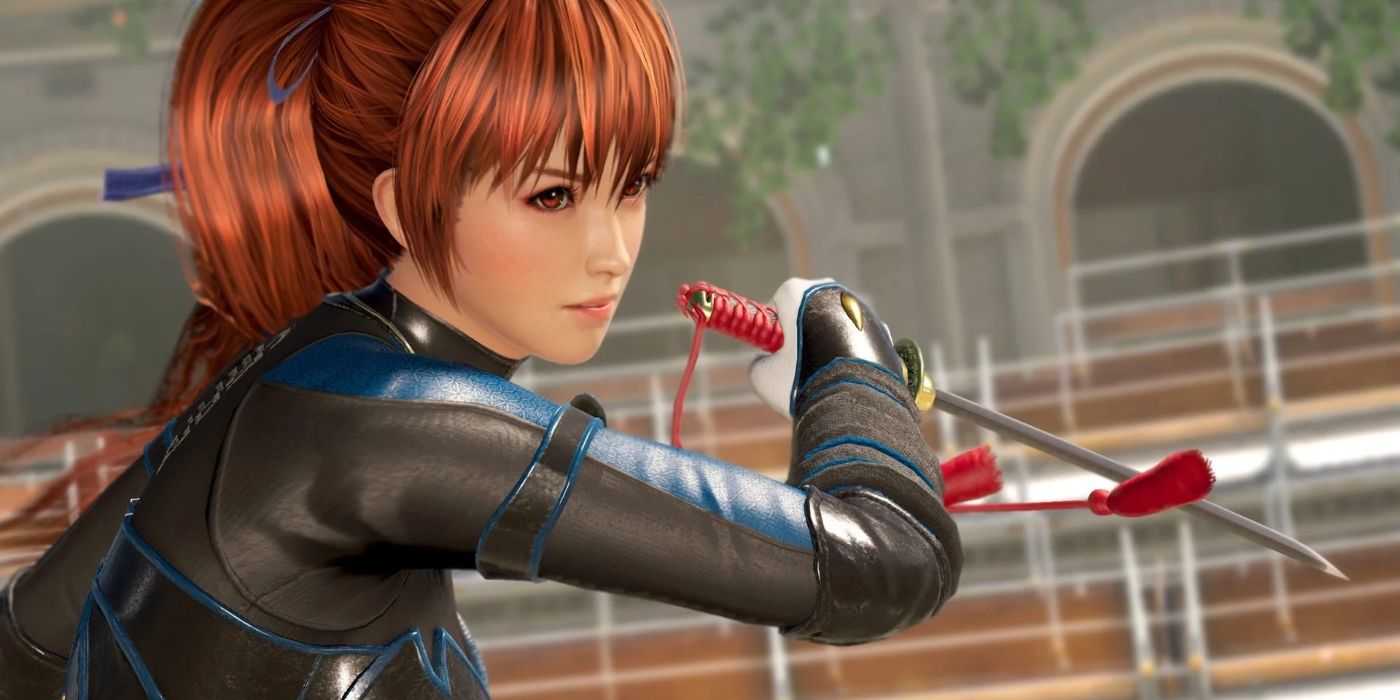First releasing in 1996 in arcades, Koei Tecmo's Dead or Alive series has been a long-running one, joining the ranks of fellow 3D fighters Virtua Fighter and Tekken. Known for its explosive fast-paced gameplay, unique character roster, and an eccentric story that doesn't take itself too seriously, Dead or Alive's 24-year legacy ranks it high up on many fan's favorite series lists. Despite this, the one factor that the series is known for the most is its controversy.
The Dead or Alive series has always been a series that prided itself on sex-appeal. Most of the time, it would be a staple that would lead itself to hot water. Its most infamous example in recent years involved Dead or Alive 6 shutting down EVO Japan momentarily after a rather raunchy presentation. This event set off a chain of events that led to the game being pulled from the EVO tournament later on that year. Rather than dialing back on the controversy, the term "Core Values," spread throughout the community as a rallying cry in defiance of the censorship.
Long after the final update for its latest entry in Dead or Alive 6 went live, its dedicated fanbase shows no signs of dwindling. Unfortunately, for one such dedicated fan, it may have left them in a sticky situation. Yesterday, Koei Tecmo issued an official statement that it had filed charges against a fan who was selling edited DVDs containing footage of the women from various Dead or Alive games, including Dead or Alive Xtreme: Venus Vacation. The kicker is that these videos also featured explicit mods, removing clothing from the characters and placing them in provocative poses. The DVDs were then sold on an auction website for consumers to purchase.
Catching wind of the operation, Koei Tecmo filed a police report to the Kanagawa Prefectural Police Department with the intent of filing a criminal case and a lawsuit against the perpetrator. The filings would be based on the grounds of copyright infringement, replicating, and distributing company property without authorization from Koei Tecmo themselves.
Coincidentally, this was around the same time that another game developer, Capcom, released a list of video policies for content creators. Such policies included the ban on utilizing the property assets of Capcom and selling them without permission. Other policies prohibited the public display of mods that would also breach the public image of Capcom, including but not limited to the removal of character clothing. If there was ever a textbook example on what not to do to piss a company off, this Koei Tecmo incident deserves to be on the cover of said book.
Source: Siliconera


